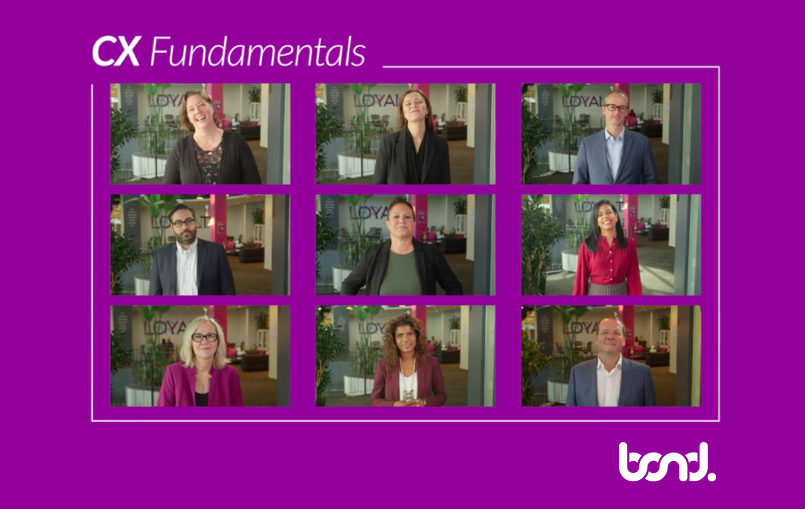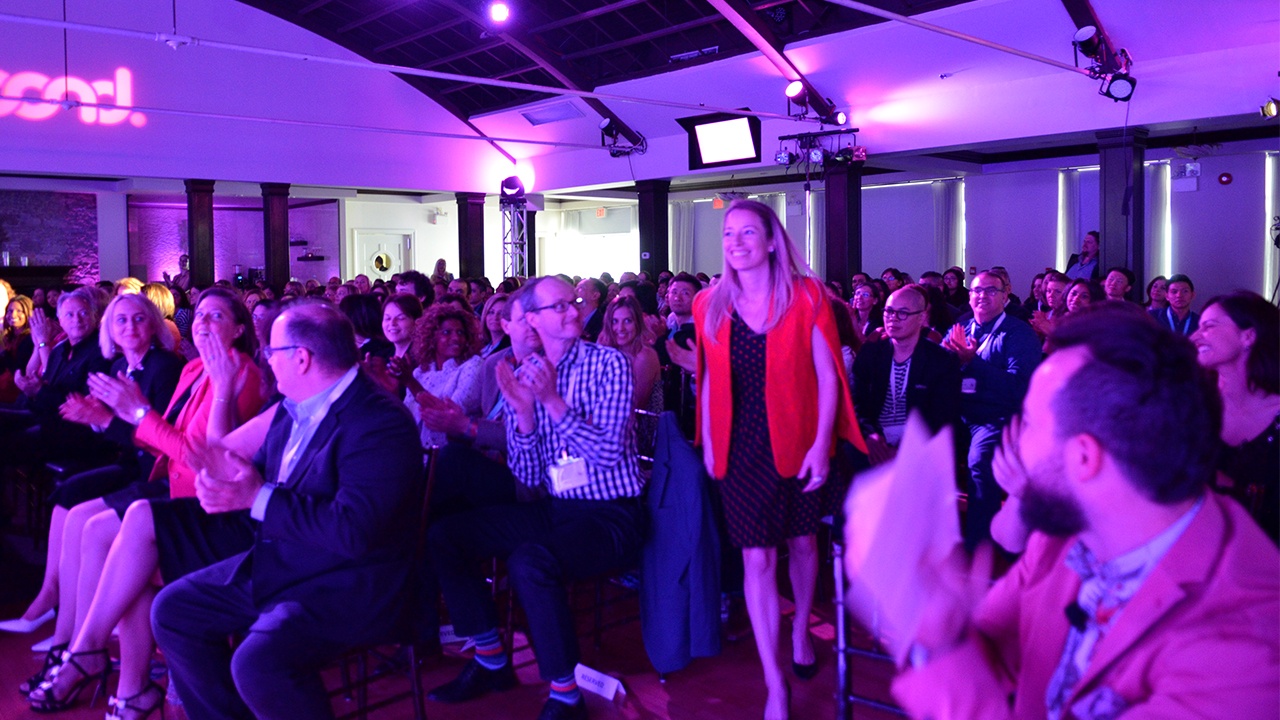Content Writer
Blog
As featured in Loyalty 360
Keep up with an innovative mobile loyalty strategy
Loyalty—it’s in your customers’ pockets and at their fingertips. Smart brands are acquiring, engaging, and retaining customers with a loyalty strategy that harnesses the simplicity and readily-adopted nature of mobile. Here are some ideas on how leverage new integrations in mobile technology to personalize and enrich your customers’ journey.
If there is one thing all businesses have in common, it’s the need to attract, engage, and keep customers coming back. Loyalty programs were born out of a need to do this when shop owners gave customers copper tokens that could be redeemed for products on future purchases. Rewards have evolved a lot since then and our more traditional view of rewards, including merchandise for consumer programs, emerged in the ’80s through printed catalogs (remember those?).
Fast-forward to today, when the breadth of loyalty rewards programs across numerous sectors includes vast online catalogs of merchandise, gift card rewards, cause-related redemptions, travel, payment with points, point transfers, and experiential rewards—all aimed at engendering customer loyalty. While the pursuit of rewards breadth can be enticing for loyalty marketers, breadth is not enough to drive customer engagement.
It’s been close to a decade since blockchain technology surfaced, offering the tech community new possibilities and multiple uses. In our innovation lab, we’ve been exploring blockchain technology over the last few years; testing use cases with partners and clients, and continuing to examine whether the technology is helpful for customer engagement and loyalty purposes, or if it’s just hype?
Trick vs. Treat: Building a CX Strategy that’s a treat for customers and the bottom line
Content Writer
Building a successful CX strategy can feel like a haunting task. Brands recognize the importance of defining and delivering a differentiated Customer Experience, but often don’t know where to start, or get lost along the journey. The right Customer Experience potion is the combination of a few key ingredients, including a CX strategy aligned with the brand promise, defining the business outcomes your CX work will impact, mapping the entire journey (with the customer), and engaging your employees by creating a CX culture.
Happy CX Day! In this video, people from across our organization share fundamentals that are key to delivering and achieving CX transformation success.
Put on by the Customer Experience Professionals Association, CX Day is a global celebration of the brands and professionals that create great experiences for their customers.
What Comes First—The Platform or the Program Design? Three guiding principles to help you build a successful engagement strategy.

Content Writer
The chicken and the egg, age before beauty, cart before horse—while we love to debate the natural order of things, many brands are in search of a loyalty or CRM platform before understanding how the technology resides within the overall brand and program strategy. Marketers are eager to entice customers with a rewards program; however, loyalty has completely changed. Today a program involves so much more than simply launching a points platform—it requires truly understanding the customer journey and the ways in which customers engage with your brand.
In a moment of huge frustration, it’s often down to individual staff members to deliver an experience that takes that frustration away and allows one to breathe a sigh of relief and appreciation. On a recent visit to the U.K., I got to experience this first hand.
On Wednesday, in an email to Members, Air Canada shared, “Straight to the point: we heard from many customers who were excited about our plans and would prefer to transfer their Aeroplan Miles to the new Air Canada loyalty program.”
Wednesday’s news sets up a reset in the Canadian loyalty and co-brand space—with the potential to ease market consternation about the fate of Aeroplan and the intentions of Air Canada, the news brings clarity and confidence to what would otherwise have been a period of continued uncertainty leading up to June 2020.
As I look back over the past four years to when we launched Bond and began our separation from a U.S. holding company, I’m amazed, and so proud of our team and what we’ve accomplished to become an industry leader. I’m also extremely grateful for the growing list of global brands who have chosen to work with us.
While lots of great work is being done in customer experience, many brands are finding their customer journey work has lost relevance and purpose in moving the organization forward. And in the absence of a comprehensive view of the customer journey, brands are stagnating in CX. It’s time to shift the conversation to breaking down silos, making customer engagement the priority and quantifying business impact at every key interaction. Bond’s Morana Bakula, VP, Customer Experience shares the opportunity to unlock differentiation and drive meaningful business outcomes through Bond’s Customer Engagement Mapping framework.










